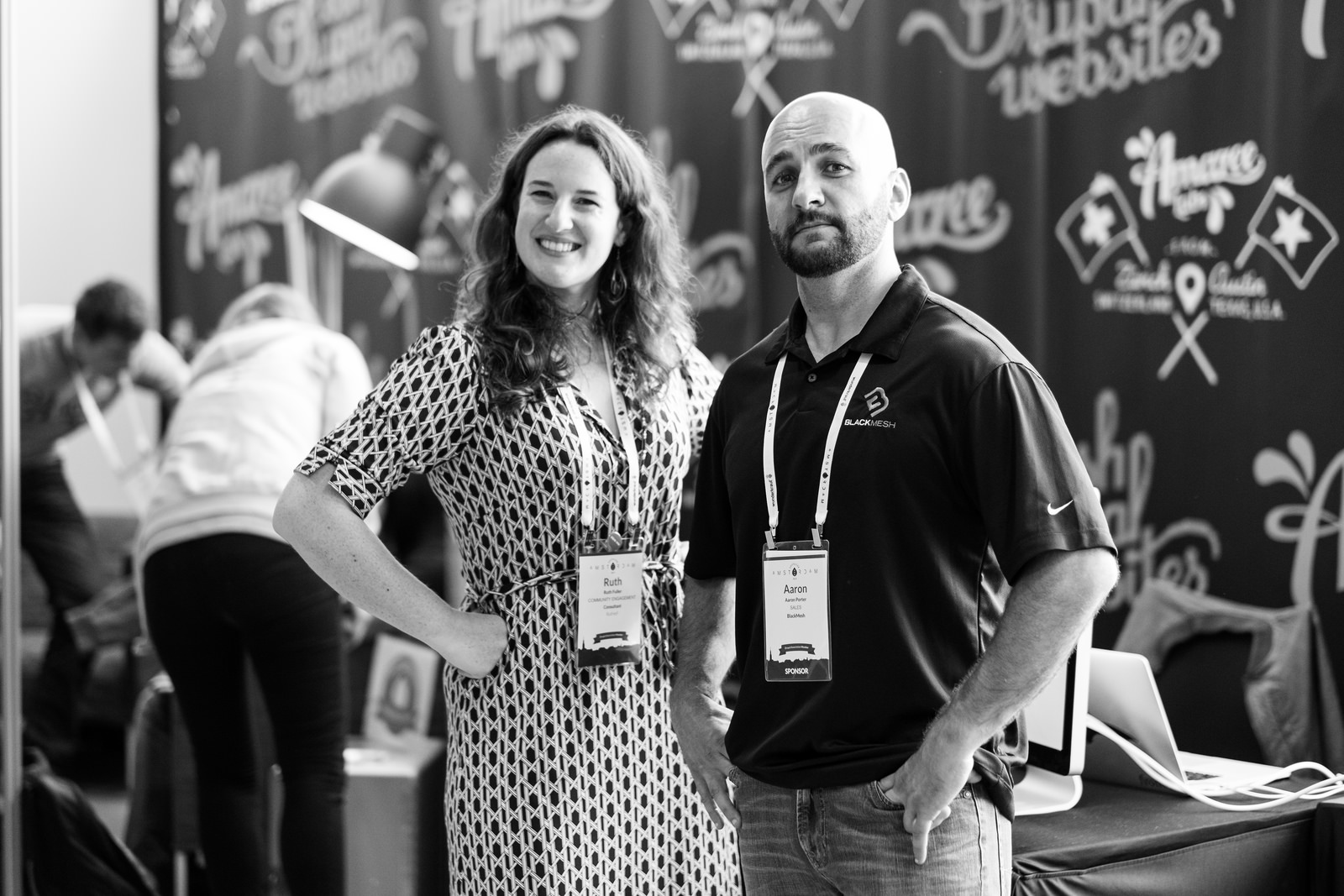Not unless you want help.
Before the age of six, it’s relatively common for children to lisp /s/ and /z/ sounds. But, for some adults, a lisp can be embarrassing, affecting their social activities and/or professional life.
But lots of adults lisp and there is some evidence to suggest that it’s becoming more common among some groups of young adults and acceptable to society at large (e.g. Van Borsel et al., 2007).
What the research says
The evidence about adults who lisp is actually pretty patchy. But here’s what some of the published studies suggest:
- Men: compared to men who do not lisp, men who lisp are perceived by strangers as having lower levels of:
- speaking ability;
- intelligence;
- education;
- masculinity; and
- friendliness (Mower et al., 1978).
- Women: Compared to women who do not lisp, women who lisp were considered by strangers to be less:
- cooperative;
- kind;
- friendly; and
- “nice” (!) (Syrett & Rorson, 2005).
- Men and women:
- 16.3% of people who lisped or who had problems with /r/ said that they thought people had problems understanding them; and
- 38.9% of people who lisped or had problems with /r/ said that they felt insecure in speech situations and that their speech differences interfered with their work or social life (Verissimo et al., 2012).
Should adults who lisp be “treated”?
Let’s be very clear on this. Many adults who lisp do not want speech therapy. And nor should they.
Lisps are usually considered minor errors and rarely have a big impact on your intelligibility (Verissimo et al., 2012). Some people, including some celebrities, see their lisp as part of their personal trademark or image. Some people don’t care at all about what others think about their pronunciation of /s/. Obviously, none of these people need “treatment”.
For a speech difference to be considered a speech disorder, you need more than a few folk you’ve never met having a vaguely negative reaction to your speech on their first listen. Someone’s first impressions often don’t give you any idea of the impact of a person’s speech difference on their “real world” (Mower et al., 1978). To warrant the label “disorder”, a speech difference like a lisp also needs to interfere with your communication (Van Riper, 1972) and participation in social and/or work activities that matter to you (ICF, 2001). It’s clear from the Verissimo study that the majority of adults who lisp do not think that their speech differences affect their work or social life, although a sizeable minority do.
Lisping in adults is not rare. For example, one study of almost 750 Dutch-speaking university students found that almost a quarter (23.3%) of them lisped, with no significant difference in prevalence between men and women (Van Borsel et al., 2007). For English-speaking populations, these results may need to be read with a grain of salt because of language and phonology differences between Dutch and English. But the study does provide compelling evidence that adult lisping may not be as rare as many speech pathologists think. The researchers in that study also speculated that people might be more tolerant of minor speech differences these days than in days past.
Interestingly, one variable not considered by any of the studies referenced above is sexual preference. It’s a popular stereotype that many gay men lisp, and some gay men proudly lisp to express their sexual preference and identity (Van Borsel et al., 2007). This may explain, in part, why some of the enquiries for help I receive from adults who lisp are from straight men.
Recent studies suggest that:
- speakers who lisp may be conscious of their speech differences, but, overall, the impact on their professional and social life appears to be limited; and
- interestingly, adults in “speaking professions” are, on average, more secure in their speech differences than adults who do not speak as part of their professional activities (Verissimo et al., 2012).
Clinical bottom line
Many adults from all walks of life and cultural backgrounds lisp. Lisps are not rare. Some people celebrate their lisps. Others, don’t care about them one way or another. These people do not want – and they certainly don’t need – speech therapy.
Some adults who lisp are self-conscious about it and may feel their speech differences are interfering with their communication, confidence, and pursuit of work and life goals. For these people, speech pathologists can help with therapy (or “training” if the term is preferred), ideally based on principles of motor speech. But only for people who want help to get rid of their lisp.
If you have a lisp and want help, we’ve developed a course for you. Welcome!
Related articles:
- Lisp Fixer Course
- FAQ: Lisps
- How to use principles of motor learning to improve your speech
- Beyond flashcards and gluesticks: what to do if you or your 9-25 year old still has speech sound issues
Principal sources:
- Verissimo, A., Van Borsel, J., De Britto Pereira, M. (2012). Residual /s/ and /r/ distortions: The perspective of the speaker. International Journal of Speech-Language Pathology, 14(2), 183-186.
- Van Borsel, J., Van Rentergem, S., Verhaeghe, L. (2007). The prevalence of lisping in young adults. Journal of Communication Disorders, 40, 493-502.
Image: http://tinyurl.com/zbkk9nu

Hi there, I’m David Kinnane.
Principal Speech Pathologist, Banter Speech & Language
Our talented team of certified practising speech pathologists provide unhurried, personalised and evidence-based speech pathology care to children and adults in the Inner West of Sydney and beyond, both in our clinic and via telehealth.


Could your course help me even if I can only hear my lisp when listening to a recording of myself?
Yes. In the course, we encourage you to do lots of recordings to check your new sound against our recordings. Also we have a 30-day full refund policy if you are unsatisfied with your purchase.